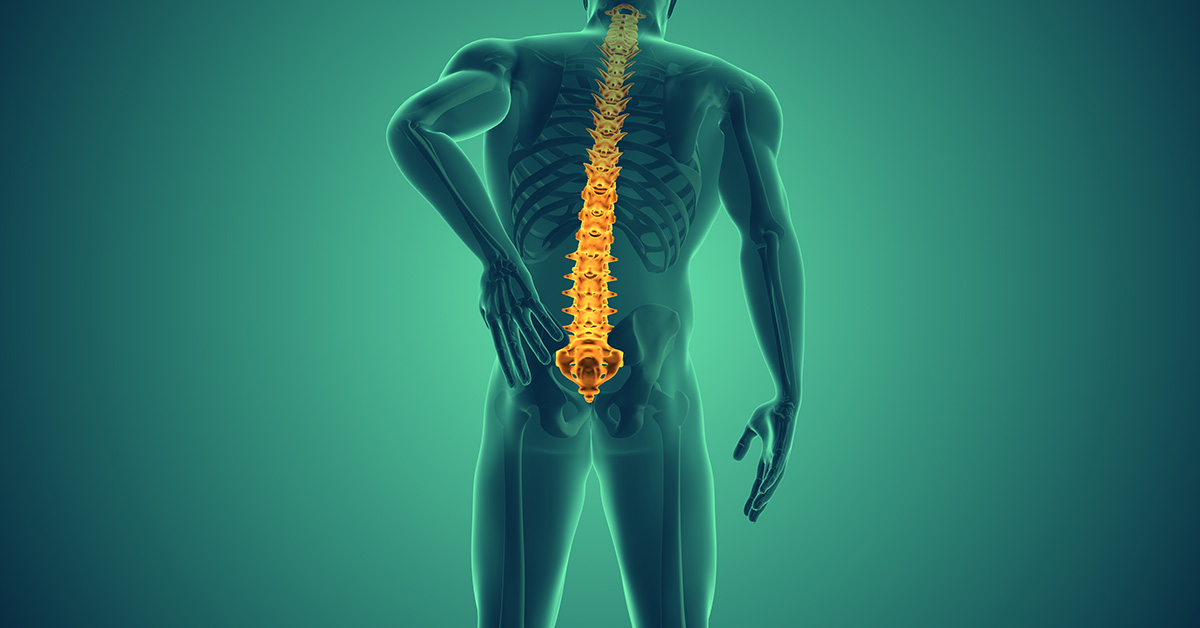
Do Fractures Take Longer to Heal with Osteoporosis?
Fractures can be challenging for anyone, but osteoporosis often adds an extra layer of complexity. Osteoporosis is a condition where bones lose density and strength, making them more fragile and susceptible to fractures. When a bone breaks in an individual with osteoporosis, the healing process can indeed take longer than it would in someone with healthy bone density. Here’s a closer look at why osteoporosis can slow down bone healing and what factors influence the recovery time.
How Osteoporosis Affects Bone Healing
Bone healing is a complex process that relies on various factors, including blood supply, healthy bone cells, and adequate mineral levels like calcium. In osteoporosis, the bone structure is weakened, and bone density is reduced, meaning that there are fewer of the healthy cells required to repair a fracture. This compromised bone quality can slow the body’s natural healing process, making it take longer for the bone to fully repair itself after an injury. Additionally, with reduced density, the new bone that forms may also be weaker, which can increase the likelihood of re-injury or delayed healing.
Other Factors Influencing Healing Time
Aside from bone quality, several other factors can impact the healing time for fractures in people with osteoporosis. Age, for instance, is a significant factor; older adults with osteoporosis often have slower metabolic rates, which can extend the healing process. Nutrition also plays a critical role. Adequate intake of calcium, vitamin D, and protein is essential for bone repair, but those with osteoporosis may require even more focused nutritional support to help compensate for their bone density loss. Medications, such as corticosteroids, which are sometimes used for other health conditions, can further weaken bones and complicate healing.
Treatments to Support Bone Healing
There are various ways to support bone healing in individuals with osteoporosis. Medical treatments such as bisphosphonates or newer medications like denosumab can help slow bone loss and, in some cases, promote bone regeneration. Physical therapy can also help strengthen muscles around the fracture site, which provides stability and can enhance healing.
Nutrition and lifestyle changes can make a significant difference in healing times, too. Maintaining a diet rich in calcium and vitamin D, getting adequate sunlight, and engaging in weight-bearing exercises (when possible) can help improve overall bone health and potentially speed up recovery. In severe cases, surgical options like bone grafting or fixation may be considered to support the fracture site.
Fractures generally take longer to heal in individuals with osteoporosis due to the condition’s effects on bone strength and density. While this can make recovery a longer process, targeted treatments and supportive lifestyle changes can promote better outcomes. If you or a loved one has osteoporosis, taking proactive steps to improve bone health can make a meaningful difference in recovery time if a fracture does occur.


